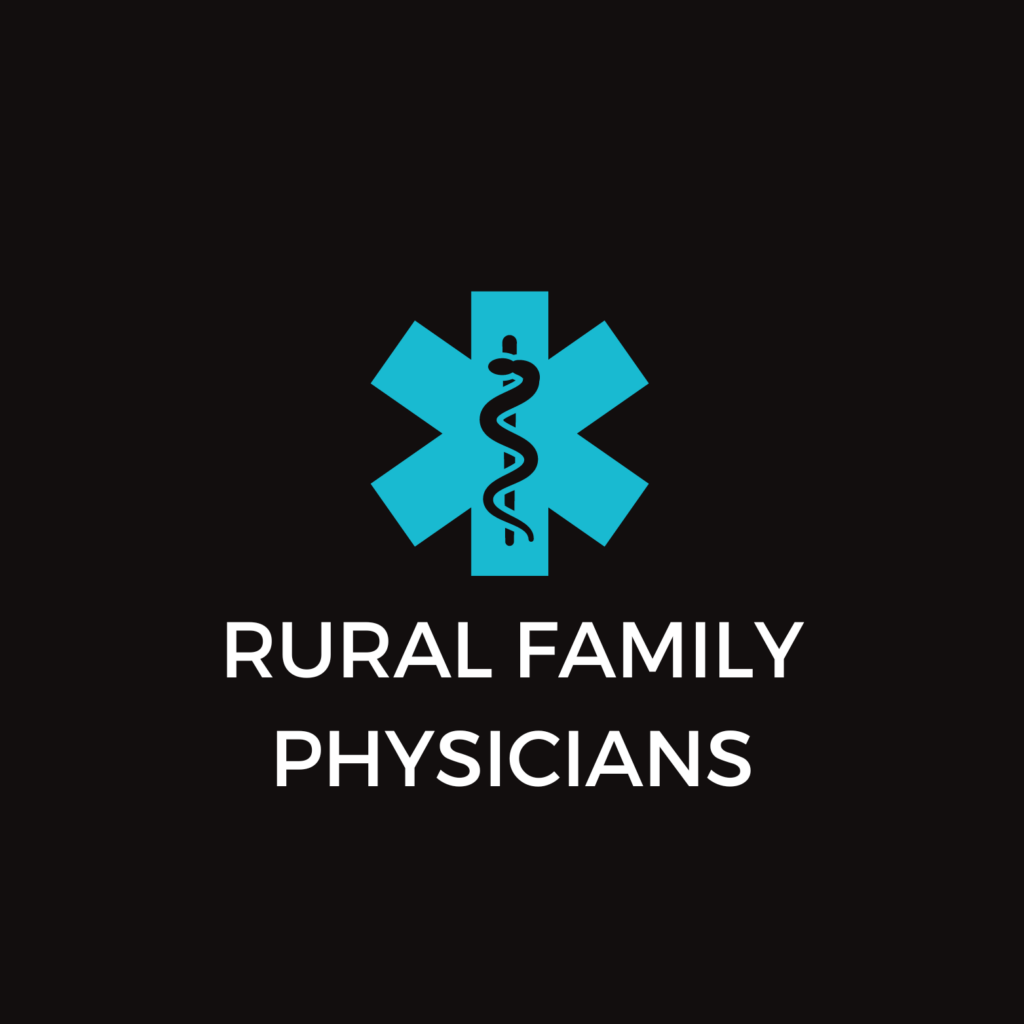CEO Update: Medicare Funding

This past January I celebrated 15 years at the Colorado Rural Health Center, twelve of those as the CEO. Over that time, there have been so many amazing things to celebrate, but also many challenges including the economic recession, record inflation, a global public health emergency, enactment of the ACA, transition to value-based payment movement, increased regulations, and budget shortfalls to name a few.
This time it feels different as Federal cuts are looming. In fact, it was just announced that HHS will cut 10,000 jobs and be restructured as an agency. These changes will certainly have an impact on rural communities, including impacts on agriculture, healthcare and overall sustainability.
The withdrawal or reduction of federal support will reduce access to essential healthcare services, particularly for vulnerable populations such as the elderly, low-income families, and those with chronic conditions. In rural Colorado, more people receive care from Medicare and Medicaid than in urban parts of the state. This is due to lower incomes, higher rates of older adults, higher cost of private insurance, and less private coverage options. Rural healthcare facilities are sustained by a myriad of cohesive federal support from the USDA, HRSA, and the CDC to keep families in their communities healthy and thriving.
CRHC along with many, many partners both at the federal and state level have been advocating for no cuts to Medicare and Medicaid. Medicaid funding is critical for sustaining access to care in rural communities in Colorado. Percentages of patients with Medicare and Medicaid are lowest in Eagle County (26.3%) and highest in Costilla County (88.5%). This means that over 50% of the funding for rural hospitals and clinics comes from Medicare and Medicaid funding. Rural hospitals and clinics are not sustainable without this critical funding. Medicare and Medicaid make up a large portion of rural communities, making rural hospitals and clinics more vulnerable to cuts in these programs.
I know our policy makers care deeply about their districts and the people they serve. The closure of any hospital would be devastating to communities, as healthcare tends to be one of the top three employers in a rural town and is a strong economic driver. Since most rural hospitals in Colorado own and operate primary care clinics, when they close so does primary care. That means little to no access to healthcare within the county forcing people to travel a long distance for emergency, inpatient, or primary care. Additionally, if a rural hospital closes, the trickle effect causes many other businesses to go away too, and it’s very difficult to attract new businesses to the community without healthcare. Some of our rural hospitals have shared that their facility contributes as much as $200,000 per hospital employee to their community. That means that if the hospital has 300 employees the total economic contribution is $60,000,000.
In Colorado, 21 rural hospitals (50%) are operating with unsustainable margins. Colorado has been fortunate enough not to see any of our rural facilities close, but eventually loss of grant funding, and lower or loss of Medicare and Medicaid funding will force rural facilities to shut their doors.
As the non-profit State Office of Rural Health and Rural Health Association, the Colorado Rural Health Center (CRHC) provides information, education, and technical assistance to the 47 rural counties, working to serve 716,208 people living across 77% of Colorado’s vast landmass. I ask that Congress act as a unified, bipartisan voice to protect Medicare and Medicaid funding. Federal funding is vital to the health and economic sustainability of rural communities in Colorado and across the nation.



